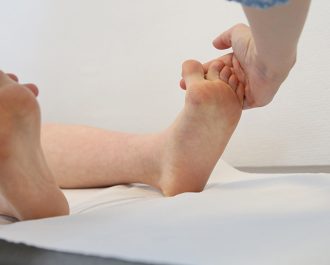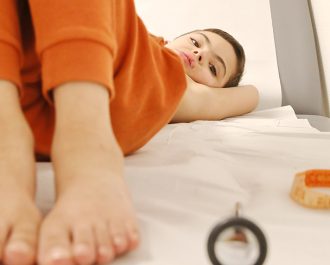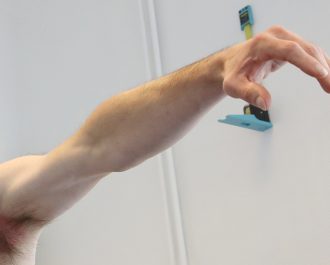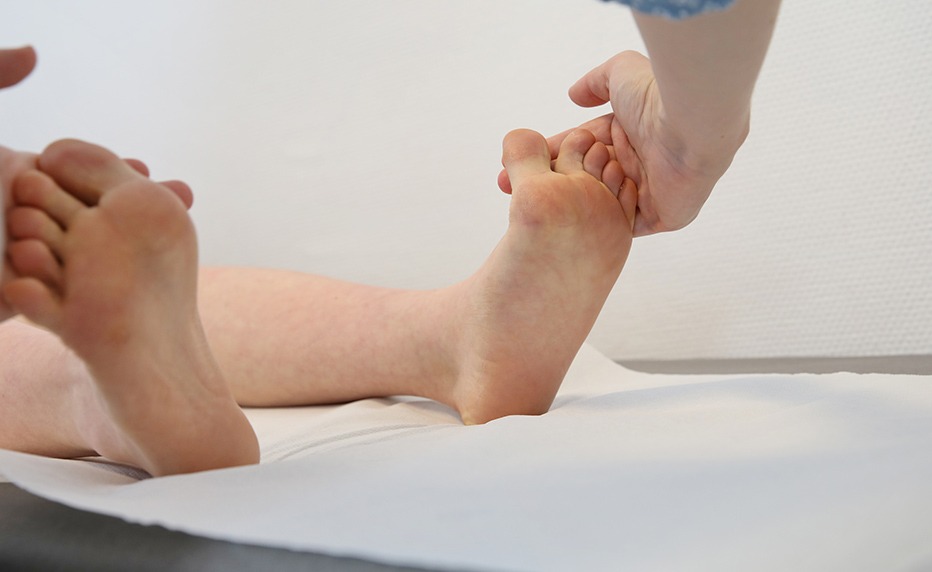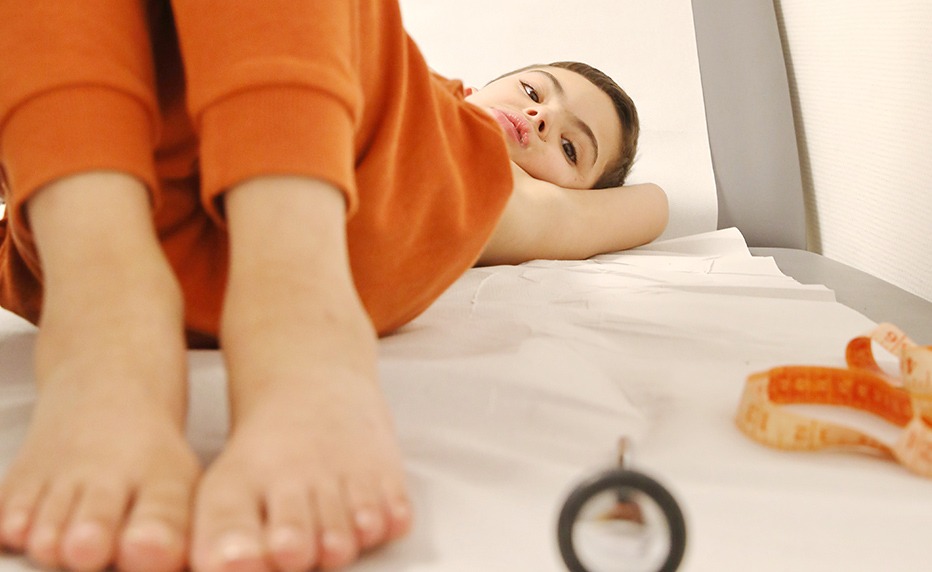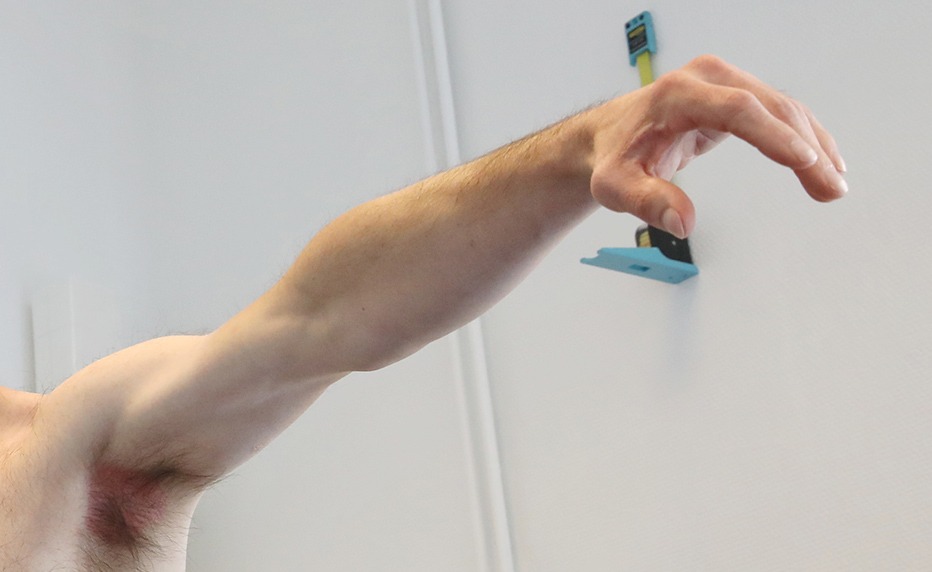The Jérôme Lejeune
Institute toolbox
Specializing in trisomy 21 and other
intellectual disabilities of genetic origin
intellectual disabilities of genetic origin
- Training modules
- Video guides and practical information sheets
- Consultation tips

About us
The Jérôme Lejeune Institute
The Jérôme Lejeune Institute was founded in 1998. It is Europe’s leading center specializing in clinical care and research on trisomy 21 and other intellectual disabilities of genetic origin.
The Jérôme Lejeune Institute serves patients and their families by pursuing three missions:
Care, Research, Training.
Content
Discover all the latest content, useful information and specialist training courses
